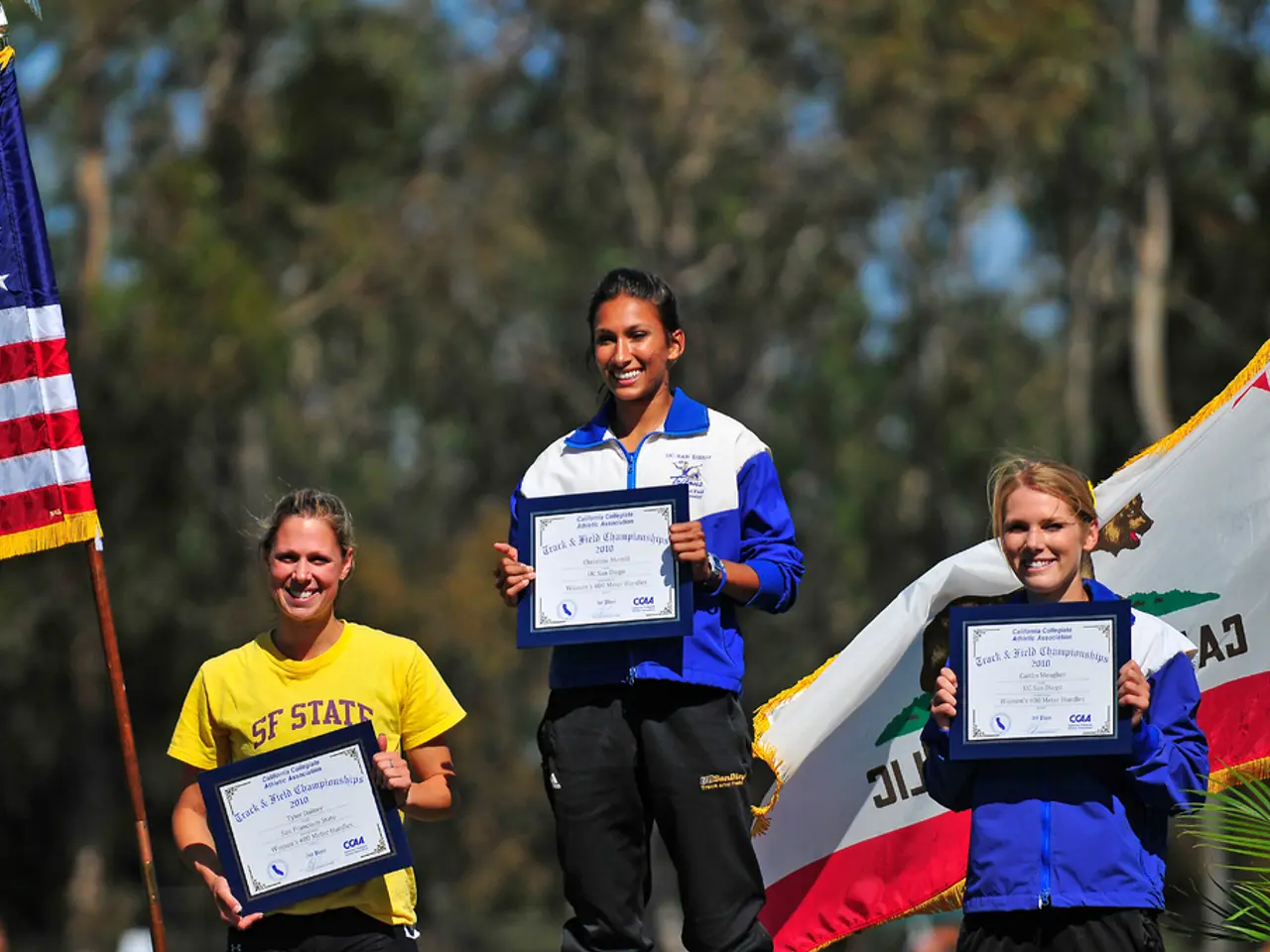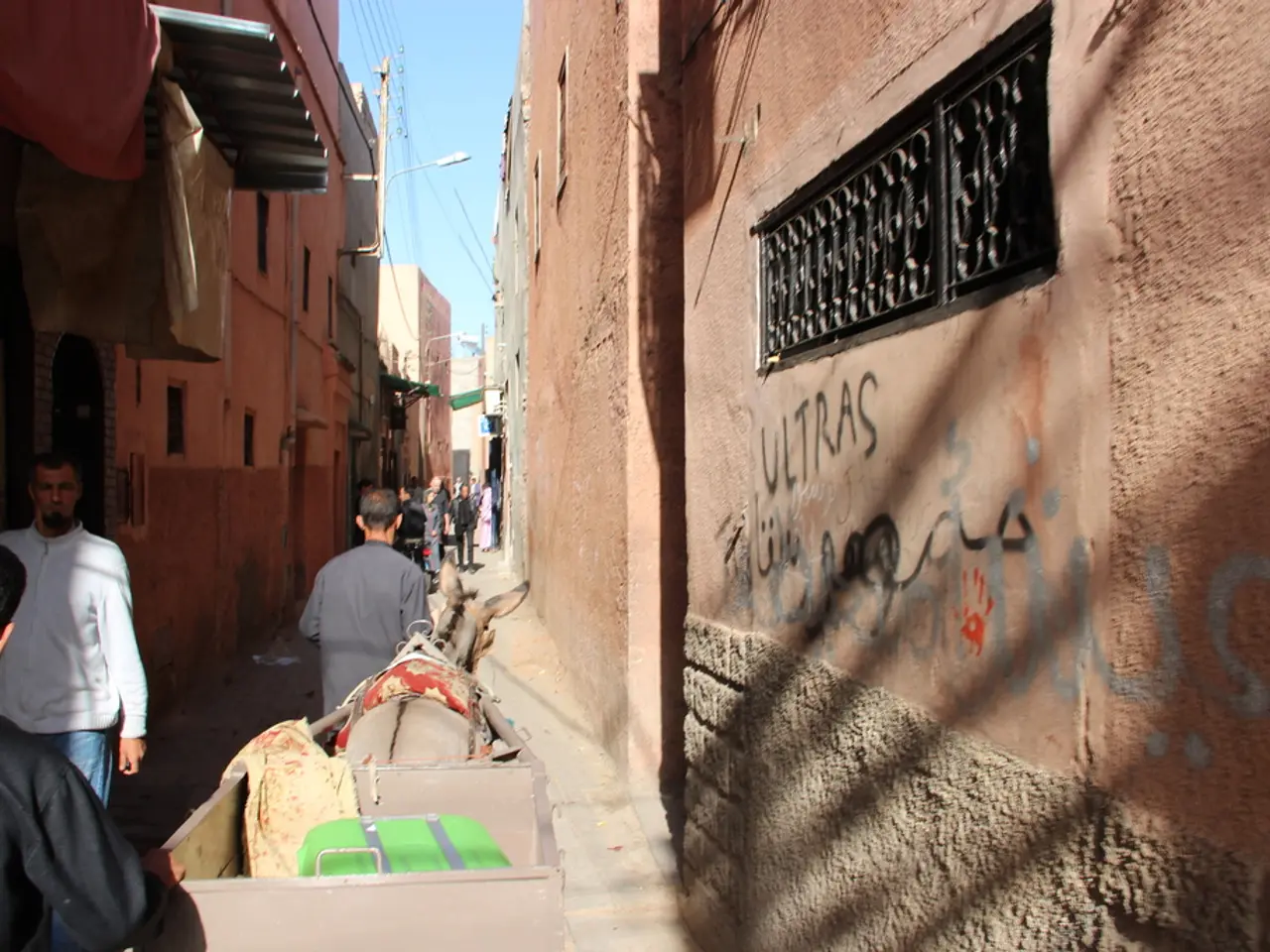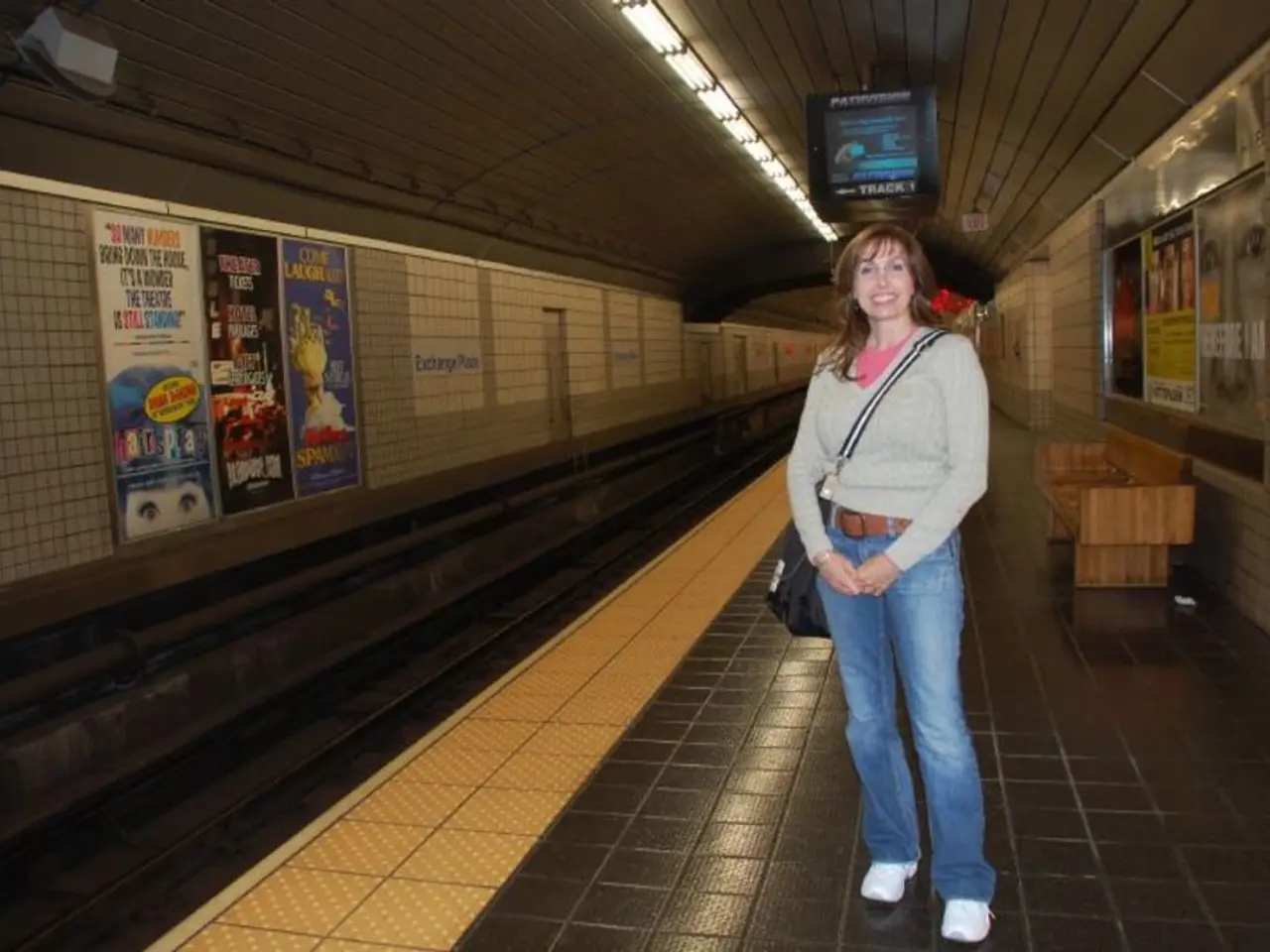Governmental representation: "We need to amplify our voices even more"
In the German state of Bavaria, progress has been made in increasing the number of women in office, but there is still room for improvement, according to the Bavarian State Ministry for Family, Work, and Social Affairs. Four councilwomen from the former Schongau district were interviewed about their experiences and thoughts on encouraging more women to take on these roles.
One of the interviewees, Claudia Steindorf, a councilwoman and former works council member, was motivated by her political interest and a desire to make a greater impact than she could through trade union work. Christine Grunewald, a councilwoman from Peiting, was motivated to run for municipal council in 2019 after being asked by the mayor and hasn't regretted it since. Esra Boese, an architect, was motivated to enter local politics due to her professional involvement with political issues and the influence of her mother-in-law, who was also involved in local politics.
In the district, there is one mayor, Sandra Brendl-Wolf (Burggen). Seven of the 71 Bavarian districts have women at the helm, including Andrea Jochner-Weiß for Weilheim-Schongau. There are 106 women serving professionally and 97 serving voluntarily as mayors in Bavaria. However, only around 22% of city and community council members are women statewide, a figure the interviewees acknowledge needs to change.
The interviewees discussed the challenges of being a woman in local politics, including the need to be more vocal to be heard and the tendency for women to be more reserved in male-dominated councils. They also acknowledged situations where a difference between men and women became apparent, but did not feel that they were treated differently because they were women.
Steindorf proposed offering young mothers concrete support and relief within their factions. Bose suggested offering more options for childcare to enable mothers to pursue political mandates. Herz discussed the potential tolerance of men towards ambitious women and the "bad mother" accusation. Boese highlighted the role of council members in shaping the best for their communities.
The OSCE Mission in Kosovo promotes women's political participation by training hundreds of municipal women leaders through its EmPOWER Programme, which improves professional skills, fosters inter-party cooperation, and supports women to enter party lists and win seats. Research from Scotland highlights structural barriers such as inflexible working practices, absence of proxy voting, and insufficient family support, suggesting reforms like remote attendance, parental leave, and childcare cost coverage to make local politics more accessible for women.
In summary, encouraging more women into local politics requires comprehensive approaches combining skills development, institutional reform (flexible working, childcare), supportive networks for women across parties, and cultural change within councils to address both structural and social barriers that women face in male-dominated political environments. The interviewees from Bavaria are proud of their contributions and advocate for more women to step out of their comfort zones and run for office.
Politics and general news would find the interviewees from Bavaria discussing the challenges faced by women in local politics and proposing solutions like offering support and relief to young mothers, providing more childcare options, and fostering inter-party cooperation to encourage more women to step out of their comfort zones and run for office. The OSCE Mission in Kosovo is actively promoting women's political participation by offering training programs and suggesting reforms to make local politics more accessible for women, addressing structural barriers such as inflexible working practices, absence of proxy voting, and insufficient family support.





